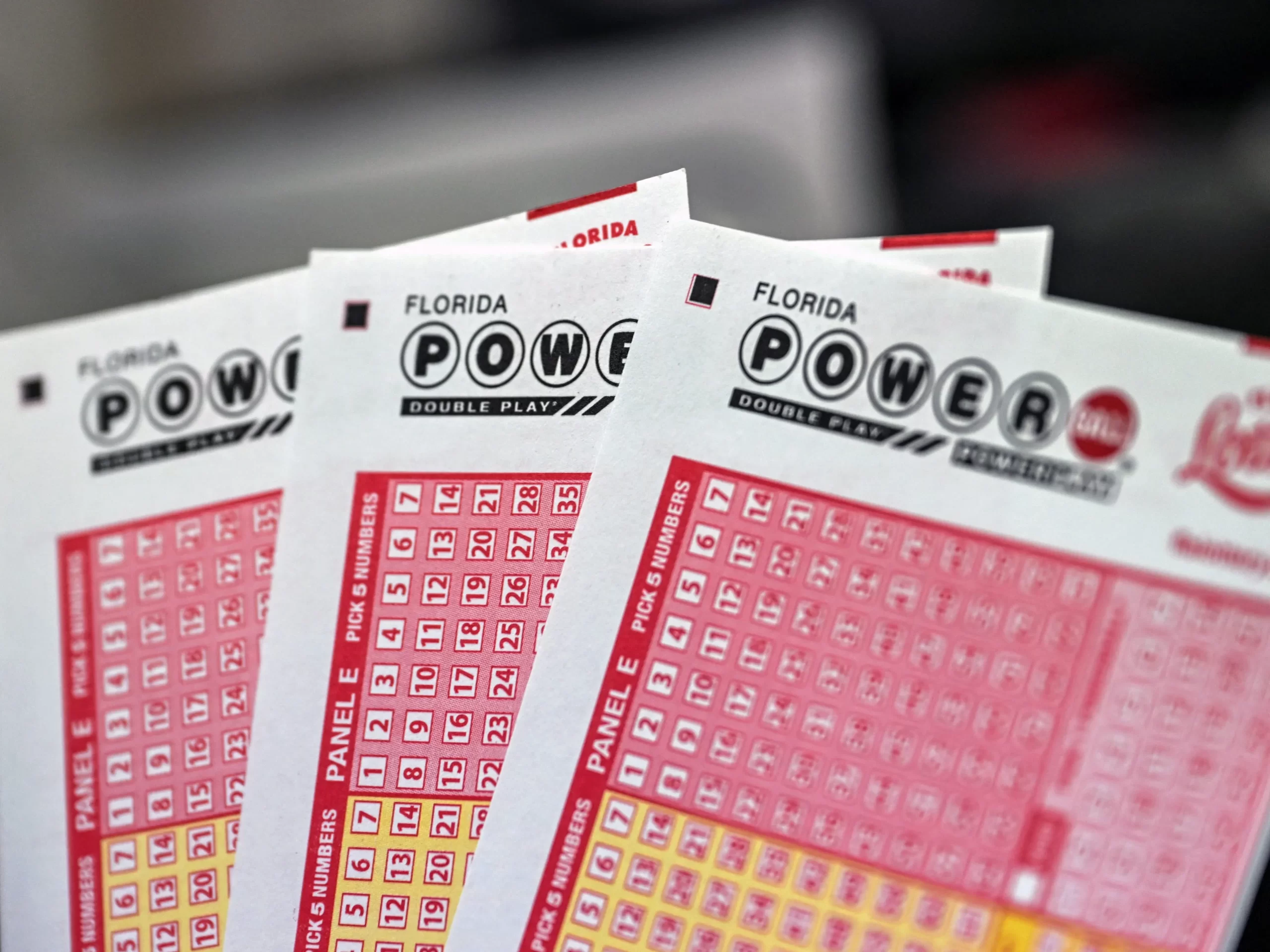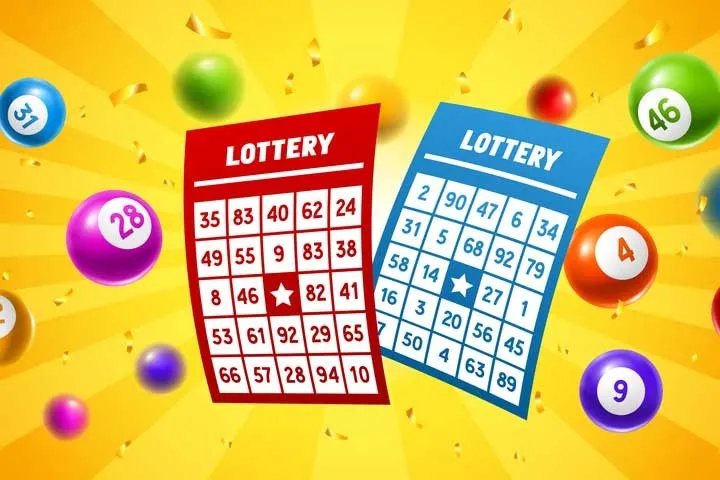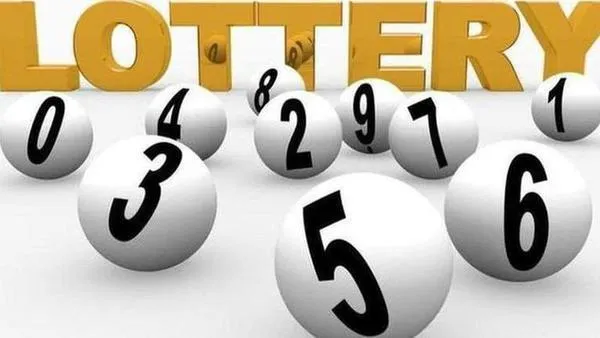Lottery is a game of chance that has been around for centuries. It is a popular form of gambling where players purchase tickets in the hopes of winning a large sum of money. While lottery may seem like a simple game, there are actually many terms and concepts associated with it that can be confusing for beginners. In order to fully understand how lottery works and increase your chances of winning, it is important to familiarize yourself with these terms. In this article, we will dive into the world of lottery and explain the various terms and concepts that you need to know.

1. Understanding the Basics
– What is a Lottery?
A lottery is a game of chance where players buy tickets and choose a set of numbers. The winning numbers are then randomly drawn and players who have matching numbers on their ticket win a prize. Lotteries are usually operated by government organizations or charities, and a portion of the proceeds from ticket sales go towards public welfare or charitable causes.
– How does Lottery Work?
In most lotteries, players choose a set of numbers from a predetermined range, for example, 1 to 50. These numbers can either be chosen by the player or generated randomly using a computer. Once the draw takes place, a set of winning numbers are randomly selected and announced. Players who have the same numbers on their ticket win a prize, with the jackpot going to the player who has all the winning numbers.
– What are the Different Types of Lottery Tickets?
There are several types of lottery tickets available, each with its own set of rules and prizes. Some of the most common types of lottery tickets are:
- Single Line Tickets: These are the most basic and popular type of lottery ticket where players choose a set of numbers in a single line.
- Systematic Tickets: These tickets allow players to choose more numbers than what is required and play them in different combinations, increasing their chances of winning.
- Syndicate Tickets: In this type of ticket, a group of players pool their money together to buy multiple tickets and share any winnings equally.
- Multiple Chance Tickets: These tickets offer multiple chances to win with a single ticket. Players can often win smaller prizes by matching a certain number of winning numbers.
2. Types of Lotteries
– National Lotteries
National lotteries are operated by governments and are usually available to citizens of that country only. They have larger jackpots and higher odds of winning as they have a larger player base.
– State Lotteries
State lotteries are organized and operated by individual states within a country. The rules and prizes may vary from state to state, but they are generally open to anyone living in that particular state.
– Regional Lotteries
Regional lotteries are limited to a specific region or area within a country. They have smaller jackpots and lower odds of winning compared to national or state lotteries.
– Multi-Country Lotteries
These are lotteries that are played across multiple countries, with each country contributing to the prize pool. The most well-known multi-country lottery is EuroMillions, which is played across nine European countries.
– Instant Win Lotteries
Instant win lotteries do not involve a draw process. Instead, players scratch off a panel on the ticket to reveal if they have won a prize.
3. The Draw Process

The draw process is an important aspect of lottery as it is where the winning numbers are randomly selected. The draw process may vary depending on the type of lottery, but here are the general steps involved:
– Random Number Generation
The winning numbers are generated through a random number generator (RNG), which is a computer program that uses complex algorithms to generate random numbers.
– Independent Auditing
To ensure fairness and transparency, most lottery organizations have an independent auditor present during the draw to verify that the numbers were selected at random.
– Drawing Machine
Some lotteries use drawing machines, also known as “tumblers,” to select the winning numbers. These machines have numbered balls that are randomly mixed and then drawn one by one to determine the winning combination.
– Live Telecast
Most lottery draws are broadcasted live on television or online, with an official representative announcing the winning numbers as they are drawn.
4. Odds and Probability
Understanding odds and probability is crucial when it comes to playing lottery as it helps you make informed decisions and increase your chances of winning. Here are some important terms to know:
– Odds
Odds refer to the likelihood of a specific event happening. In lottery, the odds of winning are usually very low due to the large number of possible combinations.
– Probability
Probability is the mathematical term for the likelihood of an event occurring. In lottery, the probability of winning is based on the total number of possible combinations of numbers and the number of winning combinations.
– Jackpot Odds
The jackpot odds are the chances of winning the top prize in a lottery. These odds differ based on the type of lottery and the number of available numbers to choose from.
– Overall Odds
Overall odds refer to the probability of winning any prize in a lottery, including smaller prizes.
– Claim Period
Lottery tickets usually have a claim period within which players must claim their winnings. If the ticket is not claimed within this period, the winnings are forfeited.
5. Strategies for Winning

While lottery is a game of chance, there are some strategies that players can use to increase their chances of winning. Here are a few tips:
– Play Less Popular Games
Lotteries with smaller player bases have better odds of winning due to the lower number of total combinations. Consider playing lesser-known games to increase your chances of winning.
– Join a Syndicate
As mentioned earlier, syndicates are a great way to increase your chances of winning without spending too much money. By pooling your resources with other players, you can buy more tickets and increase your chances of winning.
– Avoid Common Number Patterns
Many players tend to choose numbers that have significance to them, such as birthdays or anniversaries. These numbers usually fall within a specific range (1-31), so avoid choosing them to increase your chances of not sharing the jackpot with others.
– Use Wheeling Systems
Wheeling systems allow players to play more numbers than what is required, thereby increasing their chances of winning. You can either create your own wheel or purchase one from a reputable source.
– Set a Budget
Lottery can be addictive, and it’s important to set a budget and stick to it. Don’t spend more money than what you can afford, and remember that playing lottery is purely for entertainment purposes.
6. Common Myths and Misconceptions
Lottery is a game that is often surrounded by myths and misconceptions. Here are some common ones debunked:
– “Winning the Lottery will Solve all my Problems”
While winning the lottery may seem like a dream come true, it is not a solution to all your problems. In fact, many lottery winners have reported facing financial and personal challenges after winning a large sum of money.
– “I have to Play Every Week to Win”
There is no guarantee that playing every week will increase your chances of winning. Each drawing is independent of the previous one, so your chances of winning remain the same regardless of how often you play.
– “Buying More Tickets Increases my Chances of Winning”
While this may seem logical, buying more tickets only increases your chances of winning by a small margin. It is not a guaranteed strategy for winning the jackpot.
Conclusion
In conclusion, lottery may be a game of chance, but understanding the terms and concepts associated with it can greatly improve your chances of winning. By familiarizing yourself with the basics, types of lotteries, draw process, odds and probability, strategies for winning, and common myths and misconceptions, you are now equipped to play lottery more confidently and make informed decisions. Remember to always gamble responsibly and have fun while playing the game. Who knows, you may just get lucky and win big!


